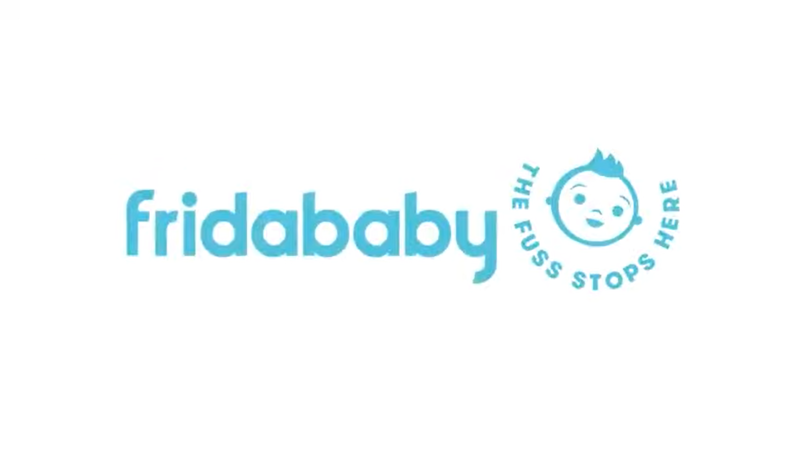The Dangers of the Online Experience
Sign up for a six month free
trial of The Stand Magazine!
(Editor’s Note: This blog was written by Brileigh Brown, who is interning with The Stand magazine.)
We live in a society where our faces are lowered toward screens far more often than they are lifted to the sky.
Our society has been handed screens for entertainment since they were children, teenagers, and young adults. What was once an imaginative journey through books or an exhilarating run through the outdoors is now replaced with a personally curated feed of endless scrolling. Why would they read when they can be shown a story, vivid and fast-paced, with no effort required? What would be the purpose of going outside and experiencing adventure when they could sit and watch someone else accomplish the same thing through a lens? Why make friends face-to-face when thousands wait online, eager to offer constant attention and support?
It is no surprise that most teens have established online profiles, and a significant number have public profiles- viewable by anyone, anywhere. Often, teens are not made aware of the risks that come with that level of accessibility. Even if their intentions are pure, the internet is filled with people whose motives are not. Every photo, post, or detail can become a thread that can be pulled by the wrong hand. Something as simple as a school tag, a photo with a friend, or a picture taken at a specific location can become a map for predators. The internet is filled with people who use screens as a veil for their cruel intentions, waiting to strike without worrying about repercussions or accountability.
Cyberbullying is a common thing, and though not everyone experiences it or is affected by it, the damage that it does to a struggling individual cannot be overlooked. Words are not just words, even when coming from a stranger. A flood of hateful messages, when received in isolation or during a difficult time, can echo louder than a roomful of support. It is not uncommon for victims of cyberbullying to feel trapped, embarrassed, or entirely alone. A screen may disguise a bully, but it does not excuse actions, and it does not protect the victim.
Yet, among all the dangers, the greatest threats do not lie in predation or cyberbullying. The most serious – and common – threat is addiction.
Addiction to screens is the silent killer of presence, joy, and connection. Teens – and many adults – begin to associate their worth with likes, comments, and views. The rush of online interaction begins to subtract from real-life experiences. The habit is subtle and often invisible. A ten-minute scroll turns eyes red, and hours pass by. Days blur, and at night, it becomes harder and harder to simply power devices off and go to sleep. Patterns get broken. Nature feels dull. It becomes far more than a habit – it becomes a dependency.
So then, the question arises: how do we protect ourselves and the next generation from the slow poison of the online world?
First, as young adults, we must start with awareness. We must set boundaries and limitations for the time we spend on devices, which include practices such as screen-free days, no phones during meals, no scrolling past a certain hour, etc. Choose activities that engage your mind and revive your energy. Spend time on self-care, sports, reading, writing, or even on finding new hobbies that you haven’t opened yourself to previously. Fight the illusion of comfort and ease that is hidden in social media. Reconnect with yourself and the version of you that is buried under the version that the world told you to be.
As parents and mentors, our roles are even more important. We are setting the stage and displaying what a daily routine looks like. Model that routine in a fashion that you would want the next generation to wear. Show that true joy and entertainment can be found in something other than pixels. Be a representation of restraint and have intentional conversations about safety, privacy, and identity. Show them clearly that our worth is not found in how interesting we appear online but in who we are internally and how we are when our actions are not put on display for all to see.
Install parental controls and filters, but don’t rely on them. The best protection is education, not just restrictions. Help children recognize red flags. Teach them about manipulation, fake personas, and how predators groom victims with compliments and attention. Make it feel safe for them to come to you with anything, and teach them to ask questions.
We cannot go back to the pre-digital age, and we don’t want to. The efficiency and accessibility that technology has offered are things that we should all be grateful for. It has offered us advancement and opportunity on a scale not previously known. But it must be handled carefully. It is just as dangerous as it is useful.
We lower our eyes to a screen far more often than we lift them to the sky, but we can change that. Our hearts and minds are far too valuable to be constantly entangled in the scroll.

Sign up for a free six-month trial of
The Stand Magazine!
Sign up for free to receive notable blogs delivered to your email weekly.


















